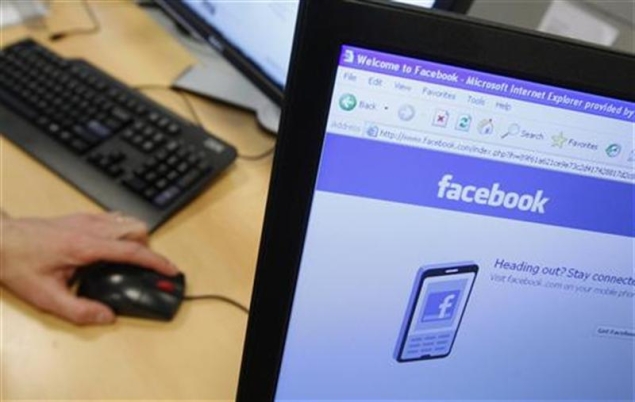
Facebook Inc appointed a former Genentech executive to its board of directors on Wednesday, the social networking company's latest move to expand its boardroom following its initial public offering last May.
Susan Desmond-Hellmann, the Chancellor of the University of California, San Francisco, becomes Facebook's ninth director and the second woman on its board.
A former president of product development at Roche Group-owned biotechnology company Genentech, Desmond-Hellmann also sits on the board of directors of Procter & Gamble Co.
Facebook Chief Executive Mark Zuckerberg cited Desmond-Hellmann's experience shaping public policy and operating public companies.
Desmond-Hellmann will serve on the board effective immediately, but will have to be elected by shareholders, along with the other Facebook directors, at the company's annual meeting in June.
Facebook Chief Operating Officer Sheryl Sandberg joined Facebook's board in June 2012, a month after the company's rocky initial public offering.
The world's No. 1 online social network became the only U.S. company to debut with a market value of more than $100 billion. But its shares plunged more than 50 percent in the months after the IPO on concerns about its long-term money making prospects.
Facebook shares have rebounded roughly 56 percent from their 52-week low, finishing Wednesday's regular trading session at $27.45.
© Thomson Reuters 2013

No comments:
Post a Comment